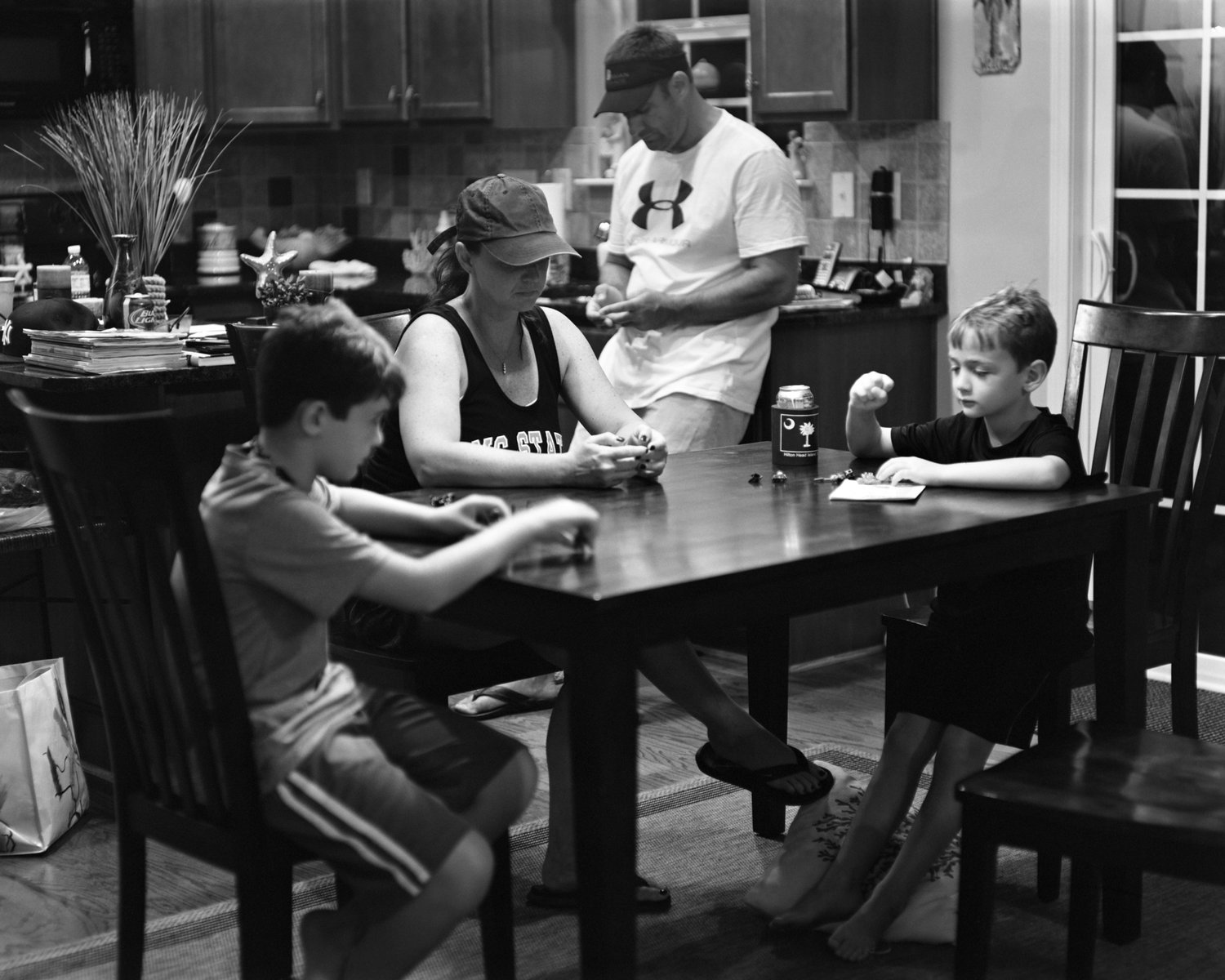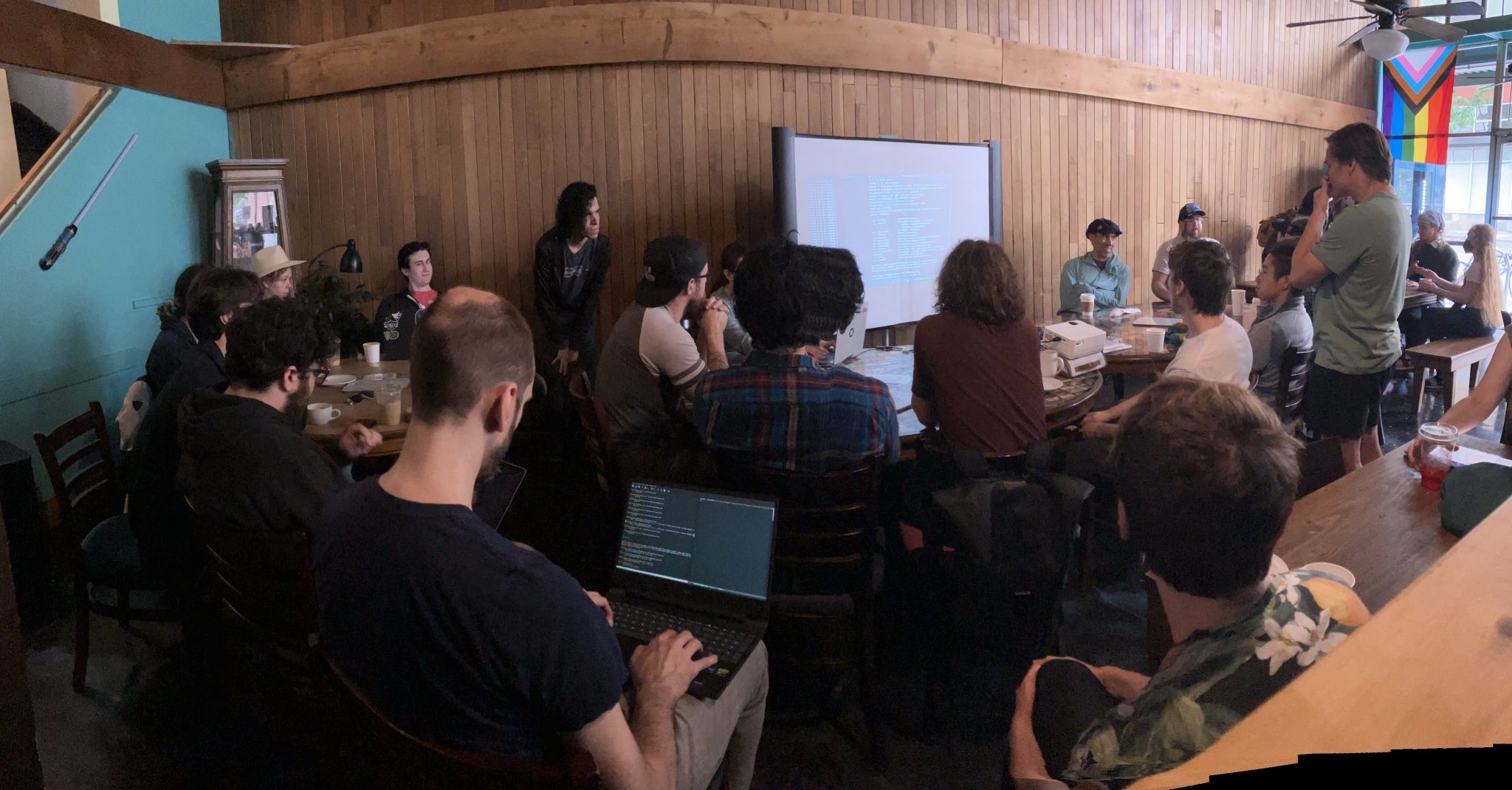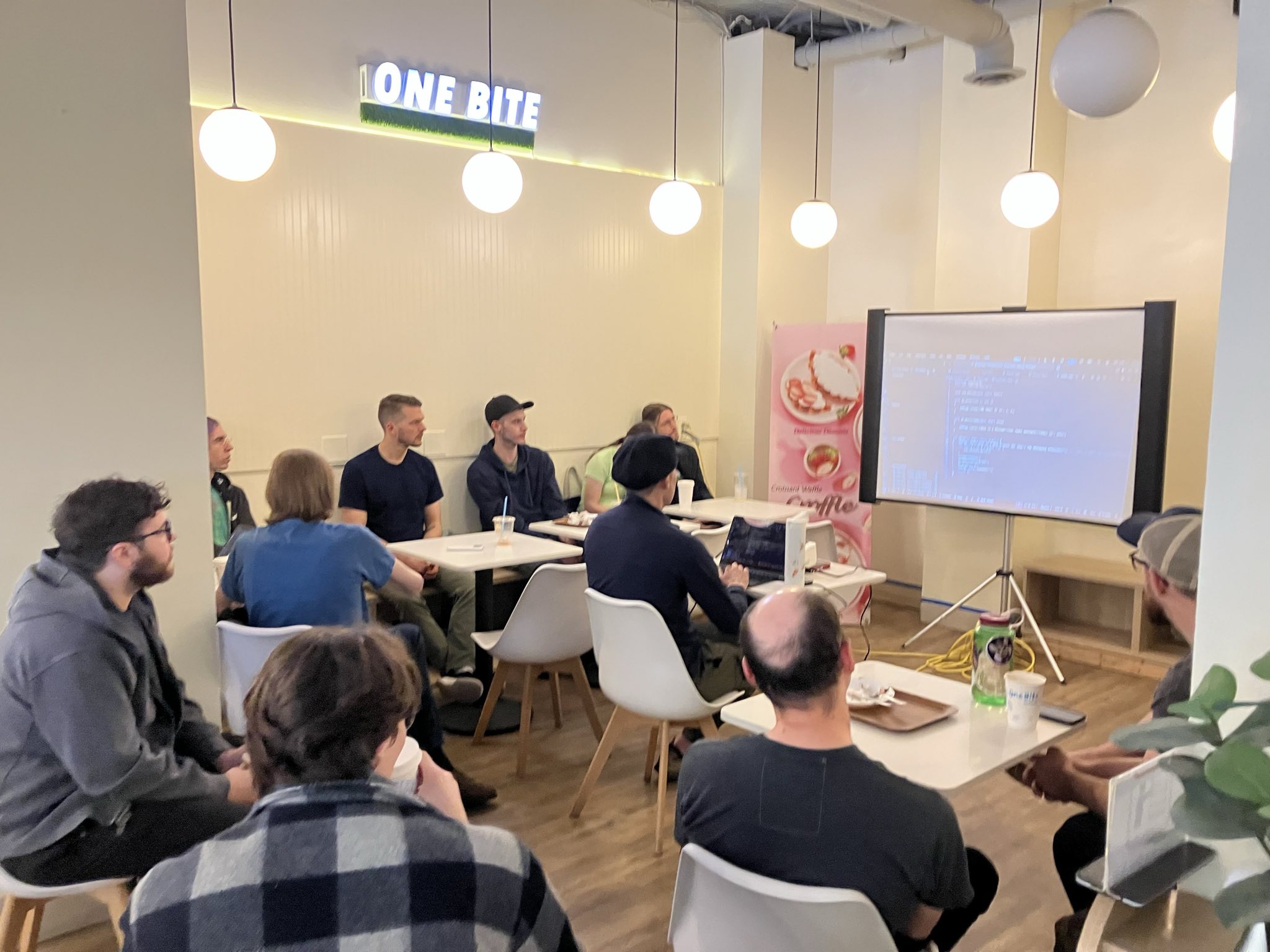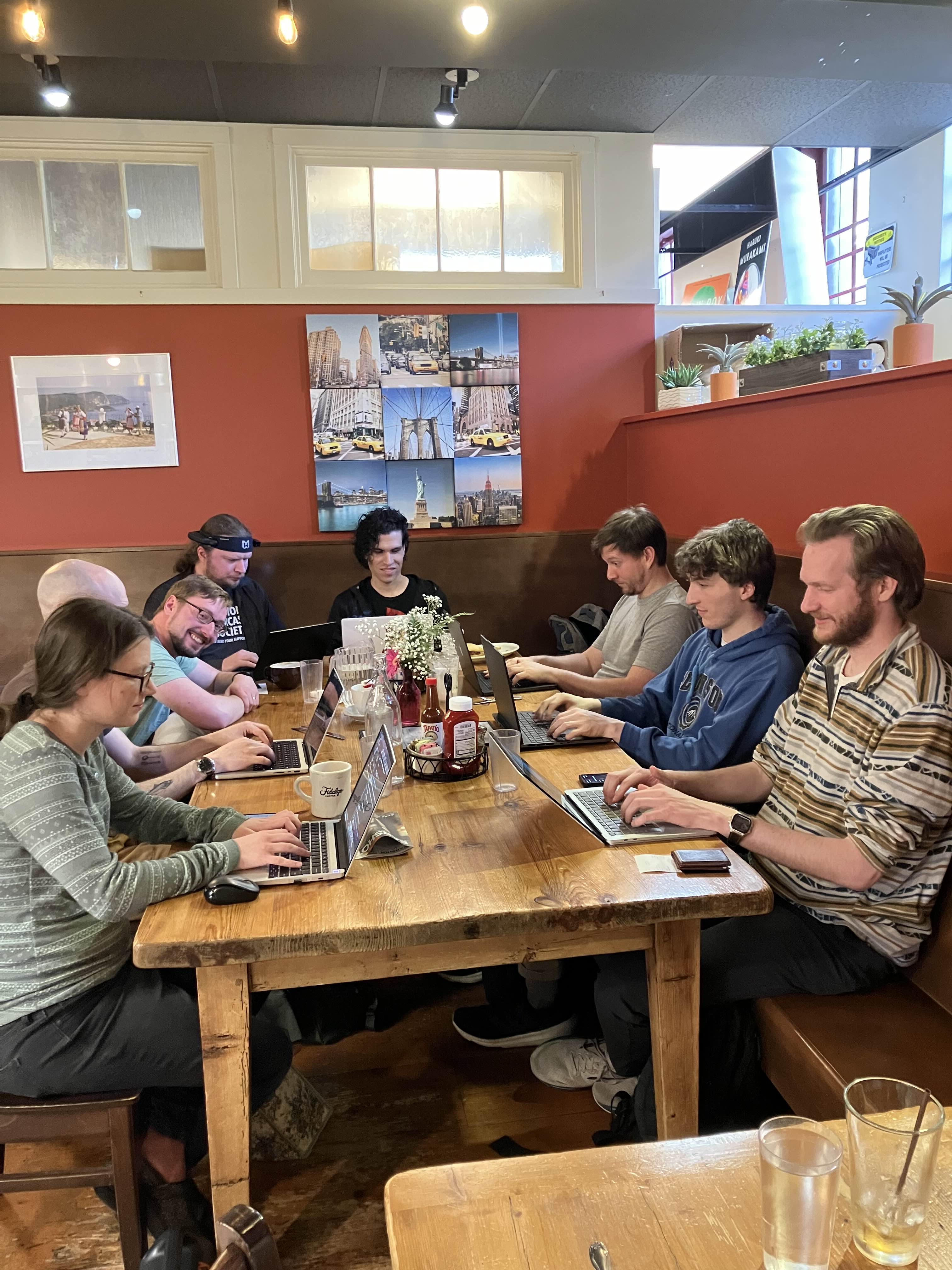Exit the Feed: The Best Coders Should Walk Away
Update: Lobsters thread
I think our biggest technical talent should abandon for-profit social platforms.
I’m talking usual suspects1 here: Twitter/X, Instagram, TikTok, Reddit and so on. These platforms are crumbling under heavy regulation2 and cultural backlash. If you’re investing your peak years shaping public narratives there, you risk reputation and creativity (more on the latter later.) I’m noticing four big forces pushing this shift:
- Jonathan Haidt’s The Anxious Generation convincing parents to restrict phones. At this point it doesn’t matter whether we agree with his evidence. The book eternally topples bestsellers, and it is a zeitgeist shift normal people actually believe.
- Bi-partisan3 school smartphone bans. Teens are experimenting with burner phones, polaroid cameras and a deck of playing cards, which normalizes life without constant feeds.
- Growing evidence and visibility of bot farms, obliterating human trust in these apps.
- A cultural link between “being terminally online” and political violence, pushing families to smaller privacy-friendly platforms and offline life.
Staring Down Frankenstein
With these seismic developments in view, let’s discuss my fellow programmers now. The time has come to face our modern-day Frankenstein:





The above is a sample from the brilliant artist Eric Pickersgill and his photography Removed. Drink it all in please. So many of you were paid to usher in this dystopia; others blindly cheered as their friends got jobs at Meta. Most have brushed it off as a non-issue.
Because of everything I’ve already outlined, this way of life is barreling towards collapse. You can also find smaller signs (like the surge in dumbphone sales) that mainstream outlets are finally noticing. Everywhere around us society is wondering “Why do we keep a bottomless barrel of sugar in our pockets?” When the reckoning comes, people will look back and ask who helped build and defend the system. That’s not a threat from me, just history repeating itself: recall that before tobacco was regulated, paid spokespeople – doctors included! – openly defended smoking. Indeed, it was un-American to suggest banning cigarettes on airplanes. Once the law caught up with us, those defenders were scrutinized and written down as the villains of the story; high salaries or excuses did not spare them from the fallout.
Zero Technical Progress
If guilt or shame don’t move you, think about technical innovation instead. Creative destruction in software comes from long stretches of focused, offline work punctuated by in-person feedback from your peers. That’s how breakthroughs percolate. Investing in social media skews our sense of what’s possible because algorithms reinforce the status quo. Case in point: I’m building a next-gen terminal (in Early Access, modestly paying the bills in Seattle) and I grin watching the competition! They’re glued to expectations the public feed has taught them; inventing a new reality is very difficult for them.
📺 Anec-data #2: We interrupt our regularly-scheduled blog post for a 15-minute demo. It came out over the summer. We’re comparing the suckless terminal (st) against my handmade one:
Decide for yourself if I’m full of hot air.
Why can’t they innovate? Because there’s an online industry training us to use the command line as it exists currently. We’re spoonfed YouTube videos, tweet threads, cute zines, cheat sheets and much more. That constant stream conditions programmers to accept a set of norms, and when someone tries to author a new terminal, they find themselves swimming with profound interests which advertise “how we use terminals today.” Radical experiments become expensive: you’ll lean into the noise subconsciously (start a Substack!) or just never ship anything groundbreaking.
P.S. My dear competitors: I encourage you to stay logged in. Get those GitHub stars.
Our Strongest Alternative
What should we do against a falling empire? I would call the appropriate remedy technology for touching grass: although I apologize for the cringe naming 🙂 We need to use online interactions to bring programmers together in real life (in a fairly tight loop.) Allow me to run you through a personal case study.

Handmade Meetup @ Distant Worlds before it closed down (2025)

Handmade Meetup @ One Bite Cafe (2025)

Handmade Co-Work @ Third Place Books (2025)
Our community runs coding meetups in Seattle and many other cities; last week I hosted one at a small Korean cafe, as seen above. The author of lnav demoed a brand new feature. He was showered with high-signal questions from repeat attendees. The newcomers were admittedly lost at first, and yet the group cohesion pulled them in (read: they want to come back.) So the workflow goes like this:
- Subscribe to the newsletter.
- Attend a meetup.
- Join Revolt chat for post-meeting discussions. (Invite-only)
Any online chatter decays between events, making the newsletter -> meetup -> chat loop a practical instance of “technology for touching grass.” And it’s catching on! Notice the Zig ⚡ community’s “Software You Can Love” announcement for 2026: it’s just a newsletter or RSS. Their event is exclusively in-person (with recordings for archives.) I did not talk them into that approach.
Epilogue
You’d be surprised who’s already ready to jump ship. Through word of mouth our offline meetups draw founding engineers, non-profit boards, senior FAANG folks, hungry juniors, sought-after contractors and indie devs like me. But honestly, if you don’t buy that going offline attracts important people I’m all hunky dory with that. We don’t need a social media following.
You shouldn’t either.
-Abner
-
The remaining lesser evils are best kept from our phones. My well-adjusted partner even raises eyebrows when I visit HN/Lobsters on the laptop; checking it more than once per day is a scandal. ↩︎
-
Heavy regulation need not come from government. The founder of Oracle has that covered. ↩︎
-
You know lasting change is here when both Florida’s governor and New York City agree on policy! ↩︎